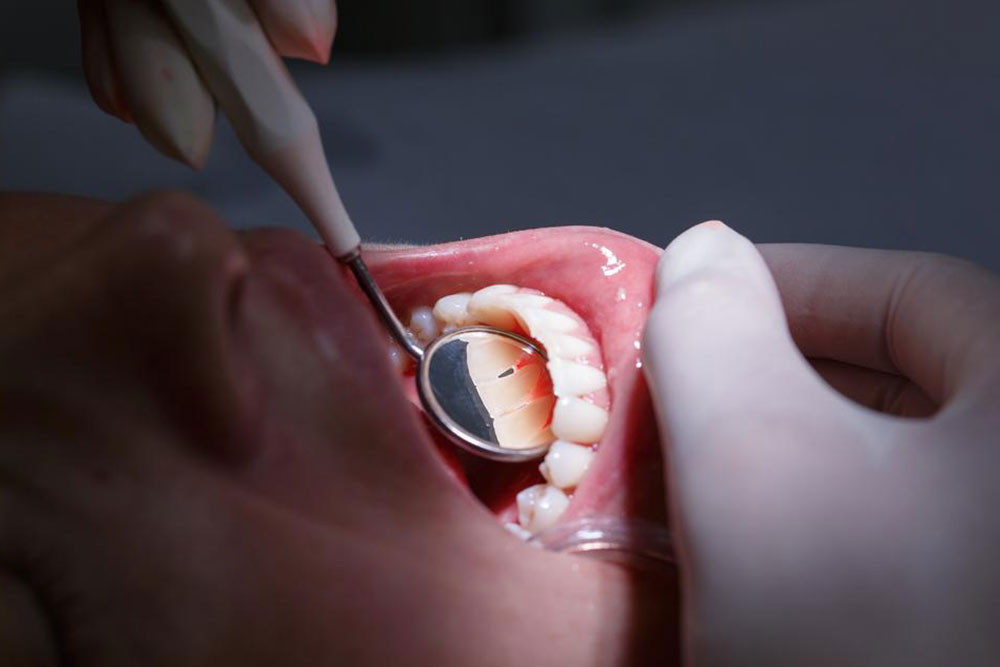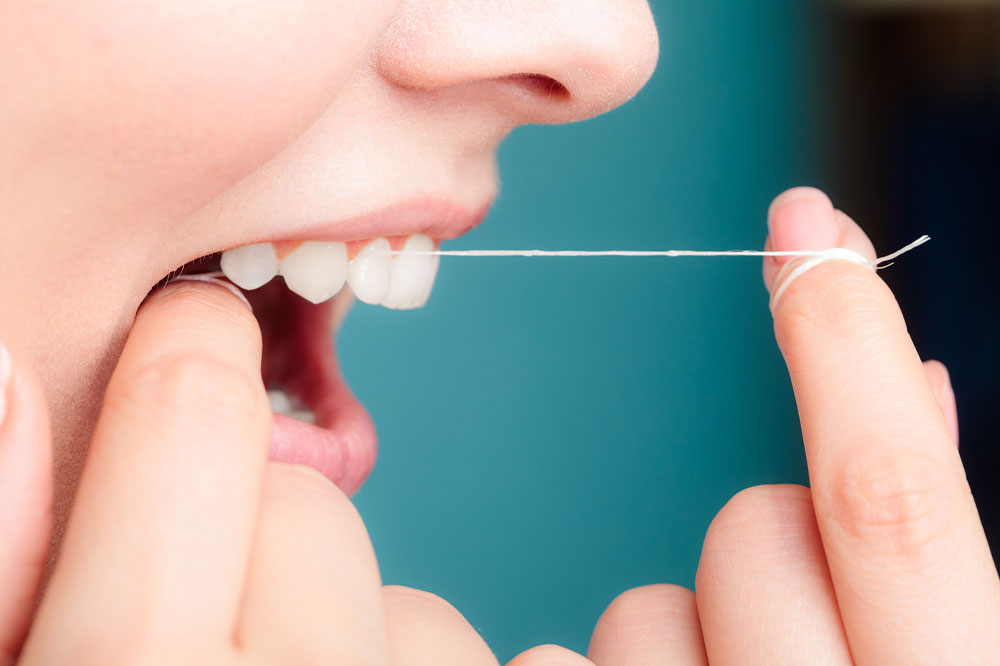Comprehensive Guide to Tooth Sensitivity: Causes, Prevention, and Effective Treatments
This comprehensive guide explores the causes, prevention, and treatment of tooth sensitivity. Learn how factors like enamel erosion, gum recession, and dental trauma contribute to sensitivity. Discover effective strategies to prevent discomfort, such as using soft brushes, avoiding acidic foods, and using desensitizing toothpastes. For persistent pain, professional treatments like fluoride applications, gum grafts, and root canals can provide relief. Regular dental visits and proper oral care are essential to maintaining healthy teeth and minimizing sensitivity. Protect your smile by understanding and managing this common dental issue effectively.

Tooth sensitivity, also known as dentin hypersensitivity, is a common dental issue characterized by sudden, sharp pains in the teeth when exposed to specific stimuli such as hot or cold beverages, sweet foods, or even air. Many individuals experience this discomfort at some point, which can significantly affect daily life and oral health. Understanding the underlying causes of tooth sensitivity is essential for effective management and prevention. In this comprehensive guide, we'll explore the various reasons behind tooth sensitivity, practical tips for preventing it, and effective treatment options available today.
What Is Tooth Sensitivity?
Tooth sensitivity occurs when the microscopic tubules in the dentin layer of the tooth become exposed, allowing stimuli to reach the nerve endings inside. This results in a sudden, sharp pain which can be fleeting or persistent depending on the severity. The main feature of this condition is the heightened responsiveness of the tooth's nerve endings to external triggers.
Common Causes of Tooth Sensitivity
There is a wide range of factors that can lead to the development of tooth sensitivity. Understanding these causes enables individuals to make informed decisions regarding their oral care routines and dietary habits. Here are some of the most prevalent causes:
Enamel Erosion: Acidic foods and beverages like citrus fruits, soda, and wine can erode tooth enamel over time, exposing the underlying dentin.
Aggressive Brushing: Brushing too hard or using a toothbrush with hard bristles can wear down enamel and damage gum tissue.
Gum Recession: Gum recession occurs when gums recede from the tooth surface, exposing the roots which lack enamel and are more sensitive.
Dental Decay and Cavities: Tooth decay can demineralize and weaken teeth, leading to sensitivity.
Trauma or Cracked Teeth: Physical injury to the teeth can result in exposed dentin.
Recent Dental Procedures: Treatments like fillings, crowns, or professional cleanings may temporarily cause sensitivity.
Teeth Grinding and Clenching: Bruxism puts excessive pressure on teeth, leading to enamel wear and gum recession.
Preventative Measures for Tooth Sensitivity
Prevention is often the best approach to manage tooth sensitivity effectively. Here are some effective strategies you can adopt:
Use a Soft-Bristled Toothbrush: This minimizes abrasion and prevents damage to enamel and gums.
Adopt Proper Brushing Technique: Brushing gently in circular motions helps preserve enamel and gum health.
Limit Acidic Food and Drinks: Reducing intake of acidic substances helps prevent enamel erosion.
Wear a Mouth Guard: If you grind your teeth at night, a custom-fitted mouth guard can protect against wear and damage.
Visit Your Dentist Regularly: Routine check-ups allow for early detection and management of dental issues that could cause sensitivity.
Use Desensitizing Toothpaste: Specialized toothpaste contains compounds that block nerve signals and reduce sensitivity over time.
Effective Treatments for Tooth Sensitivity
If you already suffer from tooth sensitivity, several treatment options can help alleviate discomfort and restore oral health. Consulting a dental professional is recommended to determine the most suitable approach. Common treatments include:
Fluoride Gel Applications: High-concentration fluoride treatments can help strengthen enamel and reduce sensitivity.
Gum Grafting: For recessed gums, a surgical gum graft can cover exposed roots, diminishing sensitivity.
Bonding: Applying a resin material over sensitive areas can insulate the dentin from external stimuli.
Root Canal Treatment: Severe cases may require endodontic therapy to remove nerve tissue and eliminate pain.
Addressing Underlying Causes: Managing bruxism, replacing worn-out fillings, or correcting misaligned teeth can significantly reduce sensitivity.
When to Seek Dental Help
While mild sensitivity can often be managed with at-home care, persistent or severe pain warrants professional attention. If your sensitivity lasts more than a few weeks, worsens, or is accompanied by other symptoms like swelling, bleeding, or abscesses, consult your dentist promptly. Early intervention can prevent further damage and ensure long-term oral health.
Conclusion
Tooth sensitivity is a common yet manageable dental concern. By understanding its causes and adopting preventive strategies, you can significantly reduce discomfort and protect your teeth from further damage. Combining good oral hygiene, dietary mindfulness, and regular dental visits creates a comprehensive approach to managing sensitive teeth effectively. If you experience ongoing or severe sensitivity, consult your dentist to explore advanced treatments tailored to your needs. Prioritizing your oral health today ensures a healthier, pain-free smile tomorrow.




